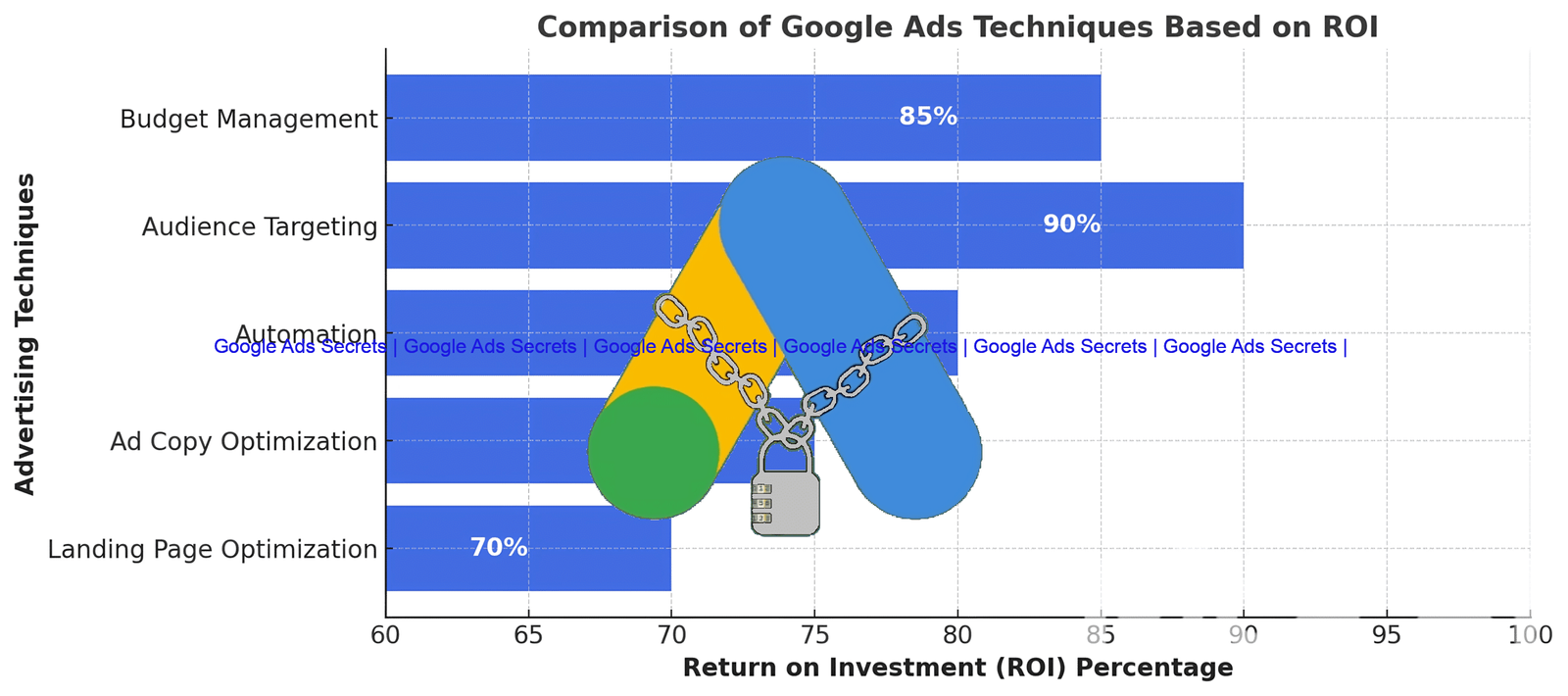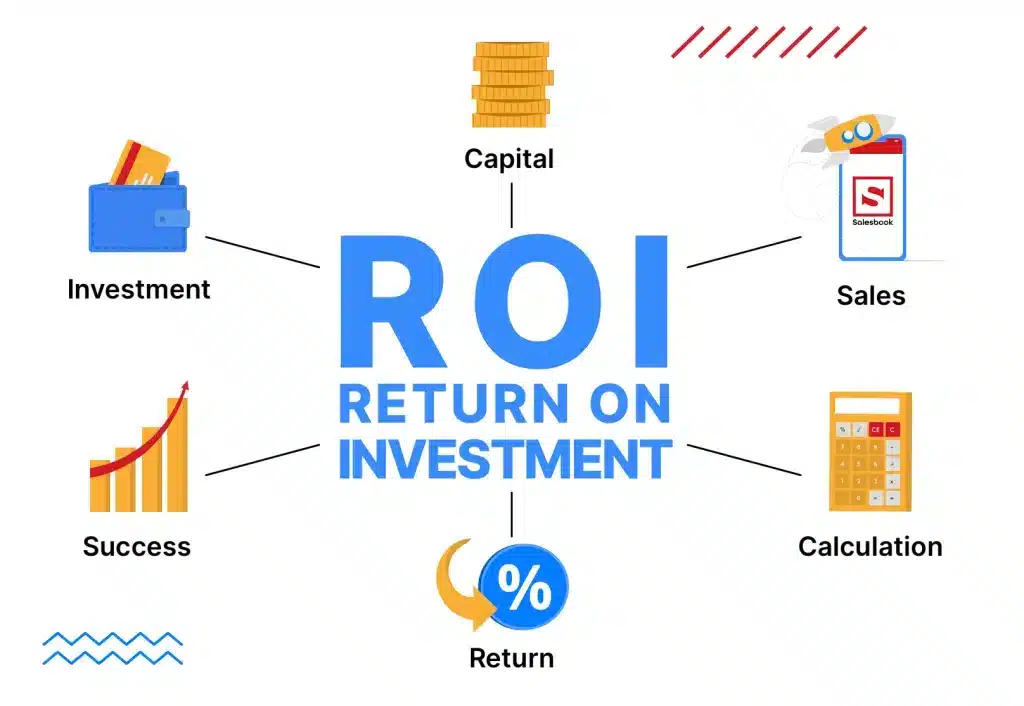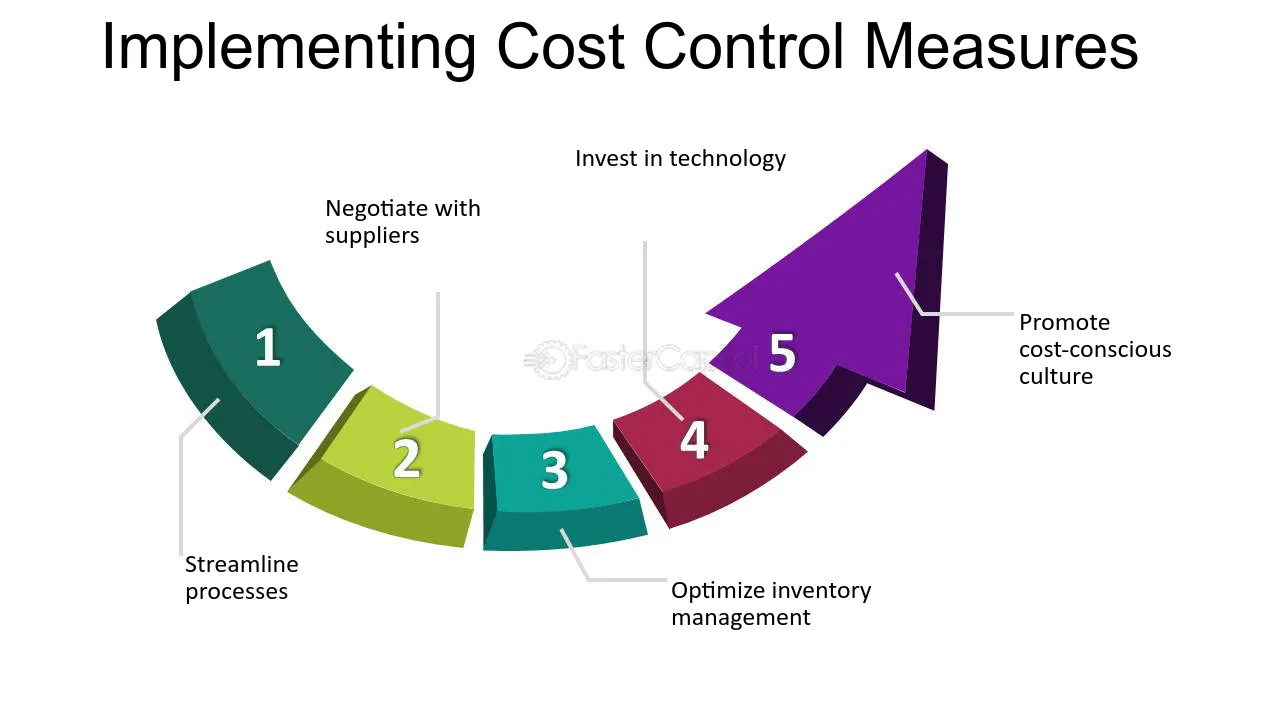Google Ads Tip #8- The Power of Nouns Over Verbs in Search Keywords
Google Ads Tip #8 – The Power of Nouns Over Verbs in Search Keywords
In the realm of search engine advertising, keyword selection is crucial for achieving higher ad performance. One innovative approach to keyword optimization is focusing on the power of nouns over verbs in search keywords. By emphasizing noun-based keyword strategies, you can improve ad relevance, boost click-through rates (CTR), and ultimately enhance your return on investment (ROI). This article explores how leveraging the power of nouns can transform your keyword strategy, with relevant LSI keywords such as “search keyword optimization,” “noun-based keywords,” “improve ad performance,” “keyword strategy,” and “Google Ads optimization” interwoven throughout the discussion.
Understanding the Role of Nouns in Search Keywords
Nouns are the backbone of search queries—they denote tangible items, brands, and concepts that potential customers are actively searching for. Unlike verbs, which often indicate action, nouns provide clarity and specificity, making it easier for Google Ads to match your ad with relevant search queries. Focusing on noun-based keywords can lead to more targeted traffic and higher conversion rates.
For more insights on keyword optimization, check out our blog or visit Google Ads Secrets.

Why Nouns Outperform Verbs in Search Queries
There are several reasons why noun-based keywords tend to outperform verb-based ones:
- Clarity and Specificity: Nouns clearly define the product, service, or topic, reducing ambiguity in search intent.
- Higher Relevance: Ads optimized with noun-based keywords are more likely to match the user’s search intent, improving ad relevance and quality score.
- Improved CTR: When users see ads that precisely reflect what they are looking for, they are more likely to click, which boosts the click-through rate.
- Better ROI: More targeted traffic means lower cost per click (CPC) and a higher conversion rate, ultimately leading to improved ROI.
For additional expert insights, refer to external resources such as Moz and Neil Patel.
Implementing a Noun-Based Keyword Strategy
To maximize the power of nouns in your keyword strategy, consider the following actionable tips:
- Keyword Research: Use keyword research tools to identify high-volume, noun-centric search terms relevant to your niche. Focus on terms that clearly define your products or services.
- Ad Copy Alignment: Ensure that your ad copy and landing pages reflect the noun-based keywords. Consistency between your keywords and ad content improves quality score.
- Exclude Irrelevant Verbs: Remove or de-emphasize verbs that do not add clear value to the search query. This reduces ambiguity and enhances ad relevance.
- Monitor Performance: Continuously track the performance of your noun-based keywords. Analyze metrics such as CTR, conversion rate, and CPC to refine your strategy further.

Visualizing Keyword Performance Through Data
Visual aids play a crucial role in understanding the impact of your keyword strategy. The following image provides a graphical representation of ROI trends when using a noun-focused approach:

Another graphic below illustrates how the quality of keyword targeting can influence overall campaign performance and ad positioning.

Analyzing ROI and the Impact of Noun-Based Keywords
Measuring the success of your keyword strategy involves tracking key performance indicators (KPIs) such as ROI, CPC, and conversion rates. Noun-based keywords have shown a positive impact on these metrics by delivering more targeted traffic. Consider the following aspects:
- ROI Analysis: Improved ad relevance through noun-based keywords typically leads to a higher ROI, as ads are shown to users with a clear intent.
- CPC Reduction: With increased quality scores and better ad placements, you can achieve lower CPC.
- Conversion Improvement: More specific keywords often result in higher conversion rates because they match user search intent more precisely.
For a detailed breakdown of ROI formulas and analytics, explore our resources at Google Ads Secrets or check out guides on Search Engine Journal.

Case Studies and Future Trends
Recent case studies have demonstrated that advertisers who shift their focus from verb-based to noun-based keywords experience significant improvements in campaign performance. Additionally, as digital advertising evolves, the trend is moving towards more precise and data-driven keyword strategies. The infographic below summarizes these trends:

Another case study showcases the successful implementation of cost-cap strategies following a shift to noun-based keyword optimization:

Looking ahead, emerging trends in Google Ads indicate that focusing on keyword specificity, especially through the use of nouns, will be increasingly critical. This approach not only improves current campaign performance but also prepares advertisers for future digital advertising challenges.

Conclusion
Prioritizing the use of nouns over verbs in your search keywords can be a game-changer for your Google Ads campaigns. By adopting a noun-based keyword strategy, you improve ad relevance, lower your CPC, and ultimately boost your ROI. Implementing this approach requires thorough keyword research, alignment of ad copy with noun-centric terms, and continuous performance monitoring. Embrace the power of nouns to secure a competitive edge in the digital advertising landscape.
Frequently Asked Questions (FAQ)
1. What is a noun-based keyword strategy?
A noun-based keyword strategy focuses on using specific, tangible keywords—nouns—that clearly define your product, service, or topic, resulting in more precise ad targeting and higher conversion rates.
2. Why are nouns more effective than verbs in search keywords?
Nouns provide clarity and specificity, reducing ambiguity in search queries. This leads to higher ad relevance, better quality scores, and improved campaign performance.
3. How can I implement a noun-based keyword strategy?
Begin with comprehensive keyword research to identify high-volume, noun-centric terms. Adjust your ad copy and landing pages to reflect these terms, and continuously monitor performance metrics such as CTR, conversion rate, and ROI.
4. What benefits can I expect from using noun-based keywords?
Benefits include lower CPC, improved quality score, better ad placements, and higher conversion rates, all of which contribute to a better ROI.
5. Where can I find more resources on keyword optimization?
For additional insights and strategies on keyword optimization, visit Google Ads Secrets, Moz, and Search Engine Journal.











